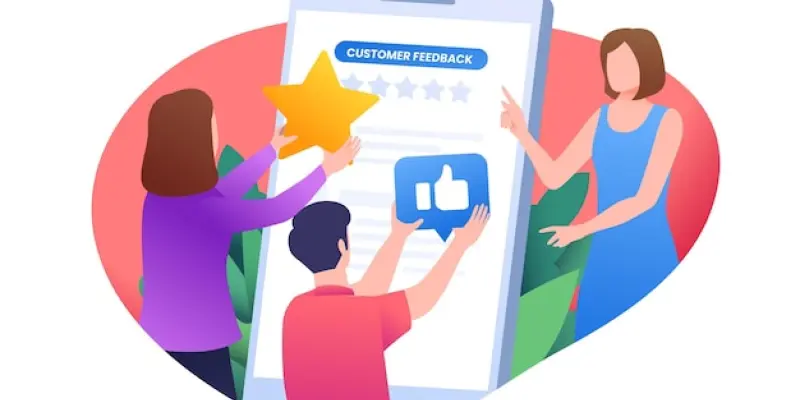In today’s fast-paced world, the level of satisfaction customers receive from a company can significantly impact their loyalty and willingness to engage with the brand again. With 71% of consumers emphasizing the importance of personalized interactions with the companies they buy from, providing personalized customer service isn’t just a nice-to-have but a critical aspect of your customer experience strategy. Personalized customer service means adapting your support and interactions to each customer’s unique needs and preferences. By leveraging this data, businesses can deliver high-quality, customer-focused experiences that not only address needs promptly but also delight customers.
Provide Multichannel Support
To meet diverse customer preferences, it’s essential to offer omnichannel customer support, allowing customers to communicate with your team via their preferred method, whether it’s chat, email, or phone. This is vital in maintaining customer satisfaction and improving your brand’s reputation. Utilizing your CRM system, track customers’ past purchases and support interactions to ensure personalized service. This not only saves customers from the frustration of repeating themselves but also demonstrates your company’s commitment to understanding and resolving their unique concerns efficiently.
Enable Meaningful Phone Conversations
Speaking directly with a human being instead of an automated system can enhance the customer experience by making it feel more personal and sincere. Elevating these conversations involves addressing customers by name, validating their concerns, and clearly outlining the next steps to resolve their issues. Enabling meaningful phone conversations also involves empowering your customer service agents with the tools and training they need to handle calls effectively. This includes access to comprehensive customer data through your CRM system, which allows agents to personalize their responses and provide more relevant support.
Check Back After the Initial Contact
Following up with customers after their initial interaction with your support team is a powerful way to show that you value them and are committed to their satisfaction. Regular follow-ups can also provide valuable opportunities to gather feedback and understand areas for improvement. By continuously seeking and acting on customer feedback, you can enhance your service offerings and create a reputation for exceptional customer care.
Predict Their Needs
Anticipating customer needs involves using CRM software to track feedback and common product concerns, thereby addressing possible issues before customers even bring them up. For example, if you sell complex products that often require assembly, providing video tutorials and detailed instructions upfront can significantly reduce customer frustration and enhance their satisfaction with your brand. Additionally, anticipating needs can extend to enhancing the overall shopping experience. Use data to identify trends and preferences within your customer base, and employ these insights to personalize offers and recommendations.
Offer Tailored Discounts
Providing personalized discounts can turn potentially negative experiences into positive ones and reinforce your commitment to customer satisfaction. When customers reach out with concerns or complaints, offering them a discount or a free product not only addresses the immediate issue but also leaves them with a positive impression of your company’s responsiveness and generosity.
Suggest Pertinent Products
When customers reach out to your support team for shopping advice, use the opportunity to recommend products that align with their past purchases and interests. By leveraging data from your CRM system, you can offer personalized suggestions that are more likely to resonate with the customer. Providing relevant recommendations based on detailed insights into customer behavior shows that you value their business and are committed to offering solutions that genuinely interest them.
A Path to Stronger Customer Relationships
In today’s fast-paced world, customer satisfaction plays a crucial role in determining their loyalty and willingness to re-engage with a brand. With 71% of consumers prioritizing personalized interactions, providing tailored customer service has transformed from a luxury to a necessity in your customer experience strategy. Personalized customer service involves customizing your support and interactions to meet each customer’s specific needs and preferences. For instance, utilizing customer data from Customer Relationship Management (CRM) systems to predict inquiries or recommend products based on past purchases can significantly enhance customer satisfaction. Investing in personalized customer service strategies ensures that companies stay competitive and relevant in an ever-evolving market landscape.

